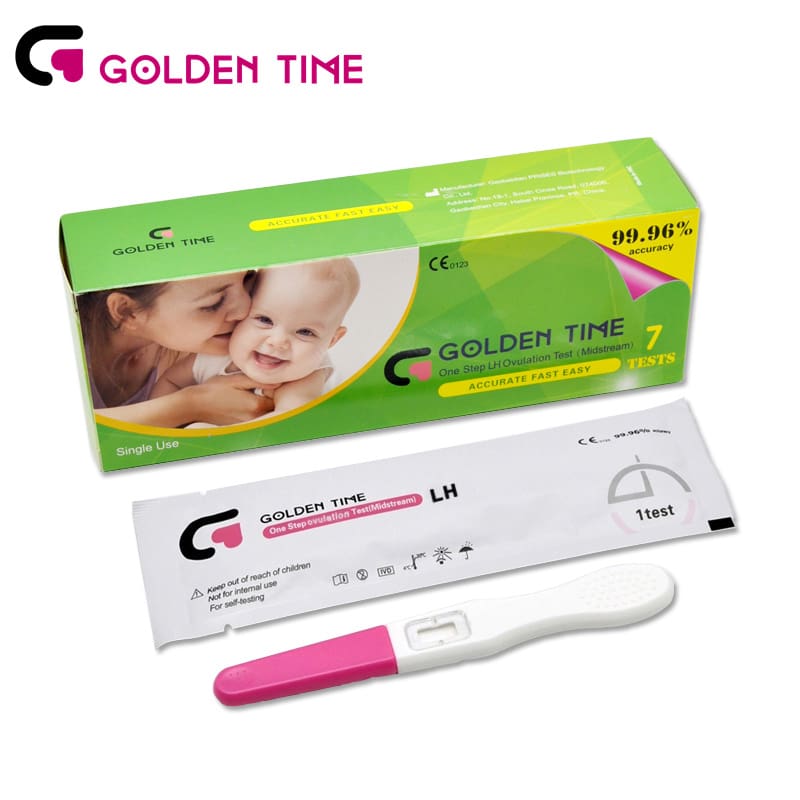Aug . 21, 2024 06:21 Back to list
Top Suppliers for Home H Pylori Test Kits to Buy Online
Understanding H. Pylori Testing and Finding Reliable Suppliers
Helicobacter pylori, commonly known as H. pylori, is a type of bacteria that plays a significant role in the development of peptic ulcers and is linked to various gastrointestinal diseases, including gastric cancer. The detection of H. pylori is crucial for effective treatment and management of these conditions. As a result, there is an increasing demand for H. pylori testing kits among healthcare providers and patients alike. In this article, we will explore why purchasing H. pylori test kits is essential and how to find reliable suppliers.
Importance of H
. Pylori TestingH. pylori infection is surprisingly common, with estimates suggesting that nearly half of the world's population may be infected. Many individuals, however, remain asymptomatic, leading to underdiagnosis and untreated conditions. Testing for H. pylori is critical as it enables healthcare providers to determine the presence of the bacteria, effectively guiding treatment decisions.
There are various methods for testing H. pylori, including non-invasive tests such as breath tests, stool antigen tests, and invasive procedures like endoscopy with biopsy. Each method has its advantages and limitations, but what remains constant is the need for reliable testing products. The results of these tests directly impact the treatment path, making accurate and sensitive testing kits essential for patient health.
Key Factors When Choosing H. Pylori Test Suppliers
When looking to buy H. pylori test kits, it is imperative to consider several factors to ensure you are sourcing quality products
1. Certification and Compliance Ensure that the suppliers comply with international standards and regulations. Look for certifications like CE marking in Europe or FDA approval in the United States, which indicate that the products have met safety and efficacy standards.
buy home h pylori test suppliers

2. Product Range A reputable supplier should offer a variety of H. pylori testing options to meet different clinical needs. This includes various test formats, such as breath tests, blood tests, and antigen tests, providing healthcare professionals with flexibility in their diagnostic approach.
3. Quality Assurance High-quality testing kits provide reliable and consistent results. Look for suppliers that implement stringent quality control measures throughout their manufacturing process and have a track record of producing accurate and dependable products.
4. Customer Support and After-Sales Service A good supplier will offer robust customer service, including support for product training, usage guidance, and assistance with interpreting test results. Responsive after-sales support is crucial should any issues arise with the products.
5. Research and Development Suppliers who invest in R&D demonstrate a commitment to innovation and improvement in testing products. This can lead to advancements in testing methodologies and more accurate results, significantly benefiting healthcare providers and patients alike.
6. Price and Value While cost is an essential factor, it should not be the sole consideration. Compare the value offered by different suppliers, considering factors such as product quality, reliability, and customer support alongside pricing.
Conclusion
As the significance of detecting and managing H. pylori infections grows, the market for H. pylori test kits expands. It is crucial for healthcare providers to purchase these kits from reliable, quality suppliers who adhere to regulatory standards and provide excellent customer support. By following the guidelines outlined above, you can ensure that you are equipped with accurate tools for diagnosing H. pylori infections, ultimately enhancing patient care and treatment outcomes. Always remember, the key to effective disease management lies in reliable testing—and sourcing the right products from trustworthy suppliers is the first step toward achieving that goal.
-
Accurate Benzodiazepines (BZO) Rapid Test Kits | Fast Results
NewsAug.27,2025
-
Trusted Early Pregnancy Test Kit Supplier | Accurate, Fast Results
NewsAug.26,2025
-
China Sterile Nylon Flocked Throat Swabs: Superior Sample Collection
NewsAug.25,2025
-
COVID-19 Rapid Antigen Test Kit: Accurate & Fast Home Results
NewsAug.24,2025
-
Premium Cassette Lateral Flow Devices for Rapid Diagnostics
NewsAug.23,2025
-
Pregnancy Test Calculator: Know Your Weeks, Week by Week
NewsAug.22,2025

